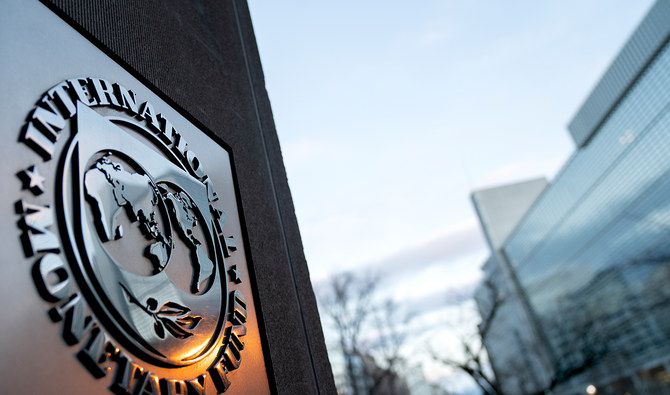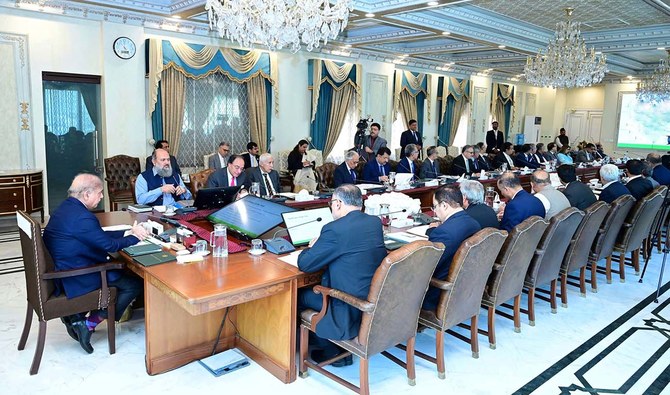KARACHI: Pakistan has to satisfy the International Monetary Fund (IMF) on three counts, starting with a budget to be presented on Friday, before its board will review whether to release at least some of the $2.5 billion still to be disbursed under a lending program that will expire at the end of this month, an official of the lending agency said.
Esther Perez Ruiz, the IMF resident representative for Pakistan, said on Thursday there was only time for one last board review before the scheduled end of the $6.5 billion Extended Fund Facility (EFF).
Pakistan has barely enough currency reserves to cover one month’s imports. It had hoped to have $1.1 billion of the funds released in November – but the IMF has insisted on a number of conditions being met before it makes any more disbursements.
“As communicated to the authorities, there can be one remaining Board meeting under the current EFF at end-June,” Perez Ruiz said in an email response to Reuters.
“To pave the way for a final review under the current EFF, it is essential to restore the proper functioning of the [forex] market, pass a FY24 Budget consistent with program objectives, and secure firm and credible financing commitments to close the $6 billion gap ahead of the Board,” she added.
With just over three weeks to go before the EFF expires, there is a lot the government has to do.
The IMF had tasked Pakistan with securing external financing commitments for $6 billion from other sources, but so far it has only obtained commitments for $4 billion, mostly from Saudi Arabia and the United Arab Emirates.
Under pressure to shift to a more market determined exchange rate regime and shut down an unofficial currency market, Pakistan removed daily limits on fluctuations earlier this year, but analysts suspect that the authorities are still trying to manage the exchange rate, out of fear that the rupee could fall too far.
Perez Ruiz laid out the IMF’s broad expectations for the upcoming budget.
“The focus of discussions over the FY24 budget is to balance the need to strengthen debt sustainability prospects while creating space to increase social spending,” she said.
More such spending would defray the impact of inflationary pressures on Pakistan’s most vulnerable people, Perez Ruiz added, but the government needed make more progress to identify spending and revenue-generating measures in order to achieve this.
The country is reeling from an economic crisis with inflation running at a record 37.97 percent in May.
The government has imposed taxes, raised energy tariffs and scaled back subsidies in an attempt to persuade the IMF to unlock funding, and its central bank has also raised policy interest rates to a record 21 percent.
The IMF has conducted just eight of the ten reviews that were to take place during the EFF, and the last one took place in August last year.
Pakistan is set to announce its economic survey with key statistics, later on Thursday, ahead of the budget scheduled for June 9.
















